
[소식] '생각하는데이'이야기. 2016-DAY6. "법대로 해?!"
- f4e6737a543ffa9290ac28cbda1fd303.jpg [File Size:134.0KB]
- 1.jpg [File Size:129.5KB]
- 2.jpg [File Size:286.2KB]
- 3.jpg [File Size:29.5KB]
- 4.jpg [File Size:23.1KB]
- 5.jpg [File Size:41.5KB]
- 6.jpg [File Size:225.1KB]
- 7.jpg [File Size:264.8KB]
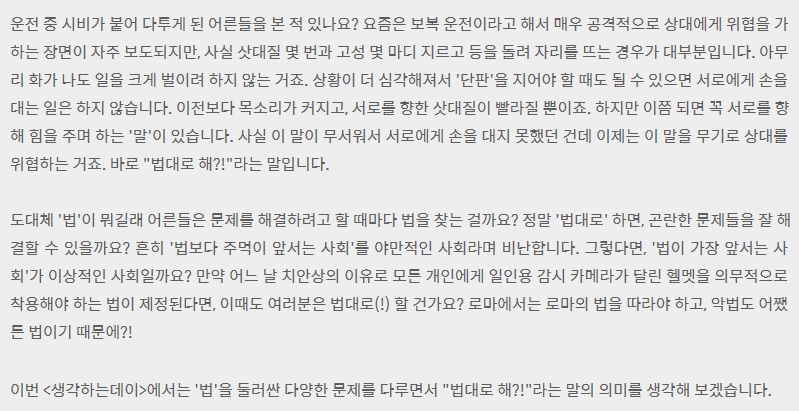
지난 7월, 송석복지재단 혜화동 교육실에서 ‘법’이라는 다소 까다로운(!) 주제로 수업을 진행했습니다. ‘법’의 개념과 역사 등을 짚어보기보다는 가상의 또는 있을 법한 사례를 중심으로 질문과 답변을 이어가면서 “도대체 어떤 조건에서 ‘법’을 통해서 개인의 행위나 태도를 국가가 제한하거나 개인에게 특정 의무를 부과할 수 있을지”를 고찰하는 데 주목했습니다.
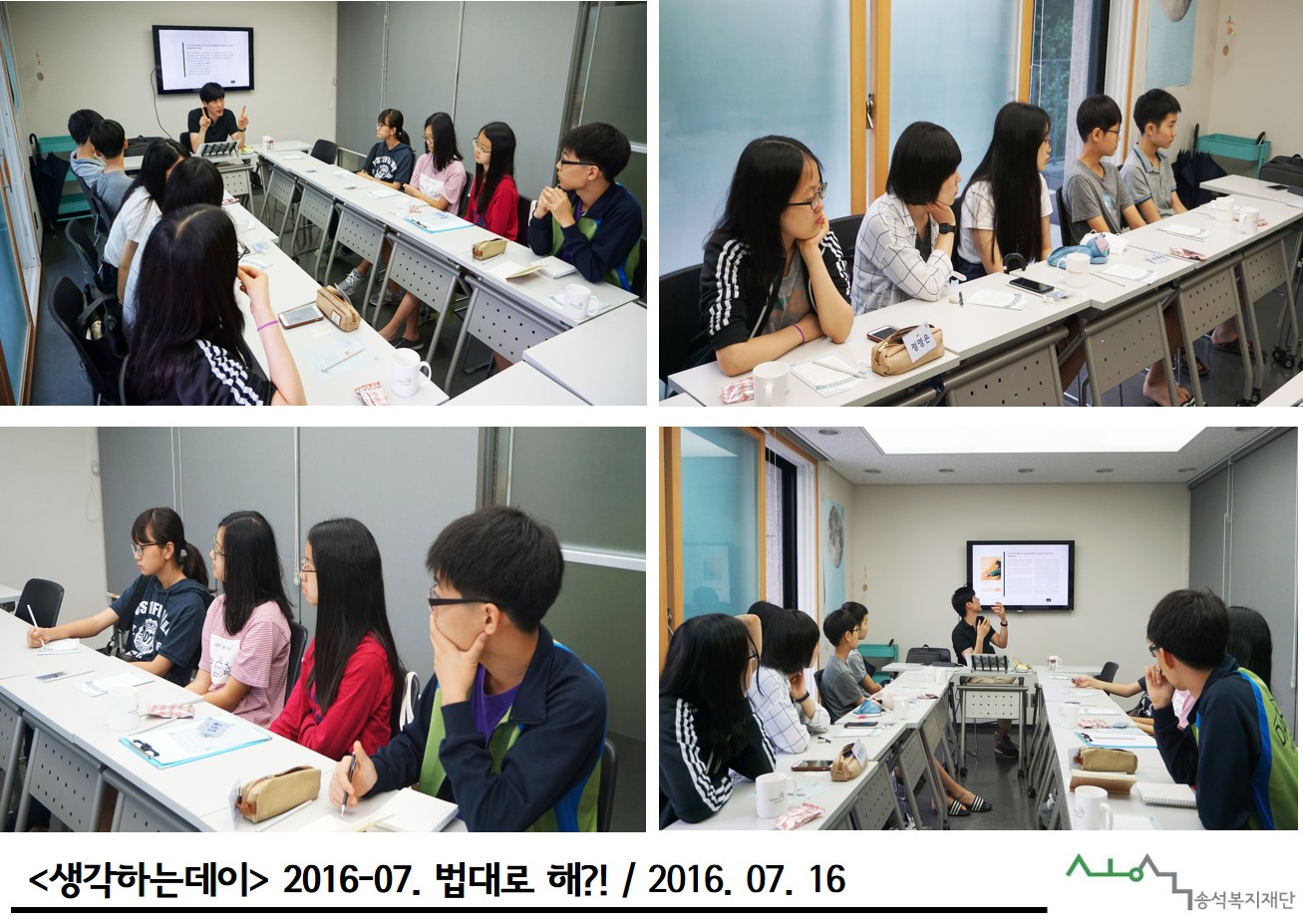

처음 우려와 달리, 학생들은 적극적으로 자신의 견해를 말하고, 반대 의견에 귀를 기울이면서 이 문제를 해결하고자 노력했습니다. 그 과정에서 대체로 다음과 같은 합의에 이르곤 했는데요,

문제는 이러한 기준이 언뜻 괜찮아 보이지만, 조금만 따져보면 매우 모호한 기준이라는 점입니다. 어디까지를 ‘해를 입은’ 범위로 규정할까요? 해를 입은 범위는 ‘모두’에게 동일한가요? 만약 타인이 아닌 ‘자신’에게 해를 가하는 경우라면 어떤가요? 이 경우도 법적인 제재를 받아야 할까요? 19세기 영국의 철학자 존 스튜어트 밀(John Stuart Mill)은 《자유론》(On Liberty, 1859)에서 ‘개인에 대한 사회 권위의 한계’를 다음과 같이 규정합니다.1
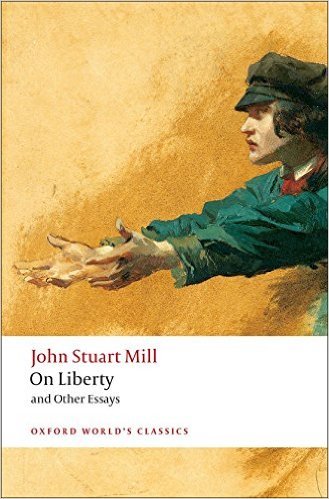
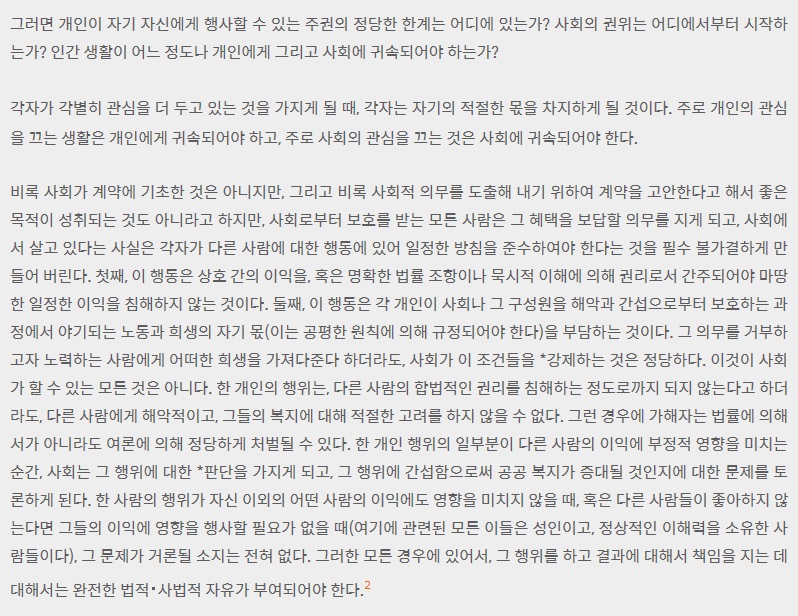
어떤가요? 이제는 만족스러운 기준이 되었나요? 타인의 이익(interest)이 침해되는 범위를 명확히 구분할 수 있게 되었나요? 개인에게는 각자 부담해야 할 노동 및 희생의 자기 몫이 있다던데 정말 그런가요?
이처럼 어떤 조건에서 국가가 ‘법’을 통해서 개인의 행위나 태도를 제한하거나 개인에게 특정 의무를 부과할 수 있는지를 결정하기란 쉽지 않습니다. 언제 한 개인을 법의 심판대 위에 서게 할지, 어느 때, 법이 개인의 자유를 제한할 권한을 갖고, 개인이 법의 명령에 따라야 할 의무를 지며, 개인은 어느 선까지 법에 복종해야 하고, 법은 어느 선까지 개인의 자유를 제한할 수 있을지를 정하는 문제는 그 자체로 상당히 논쟁적이지요. 그래서 더욱 정치한 분석과 논의가 필요합니다.
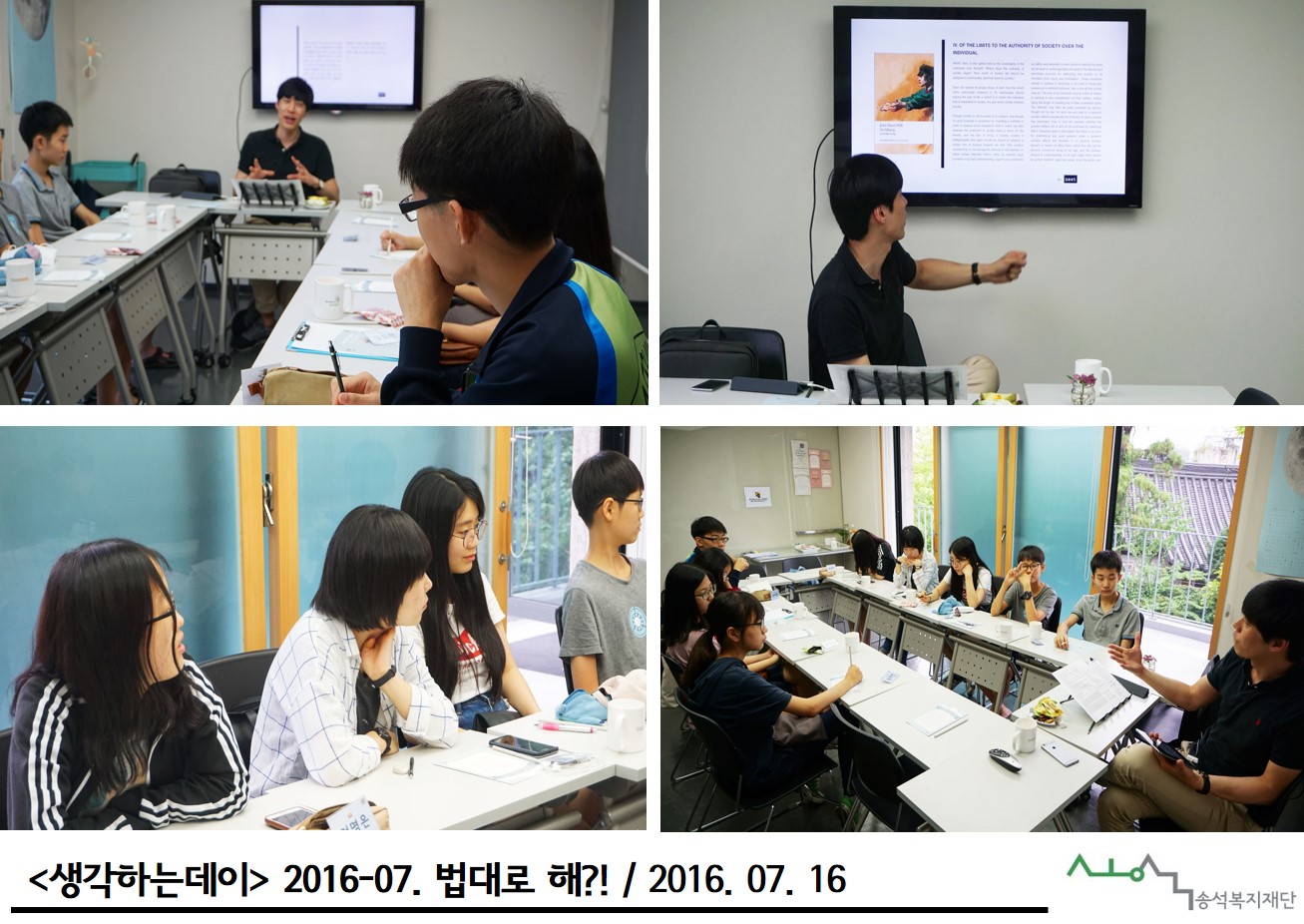
이제 우리는 어떤 선택을 해야 할까요? 모든 법에 복종할까요? 모든 법에 불복종할까요? 아니면, 어떤 법에는 복종하지만, 다른 어떤 법에는 복종하지 않을까요? 어느 선택이든 각각의 선택에는 무엇을 가치 있는 것으로 여기는지가 전제되어 있습니다. 곧 내가 법에 불복종하거나 복종하는 이유, 또는 어떤 법에는 복종하지만, 다른 어떤 법에는 불복종하는 이유는 그 법이 어떤 가치를 반영하고 있는지에 달린 것이죠. 따라서 이 가치는 법이 개인의 자유를 제한할 또는 개인이 법의 명령을 거부할 정당성을 확보해준다는 점에서 중요한 의의를 지닙니다.
그렇다면, 이 가치는 무엇일까요? 구체적인 가치의 내용은 다르겠지만, 우리는 종종 이 가치를 통틀어 ‘정의(justice)’라는 이름으로 부르곤 합니다. 그래서 ‘법’이 어떠한 ‘정의’를 반영하느냐에 따라서 또는 어떠한 '정의의 원칙'을 반영하느냐에 따라서 법은 개인에게 명령에 따를 의무를 부여할 수 있고, 반대로 개인은 법의 명령에 따르지 않을 자유를 보장받을 수 있는 것이죠. 상황이 이렇다면, 이제 우리의 과제는 단지 '법'에 관한 논의에 머무를 것이 아니라 '정의란 무엇인가?'에 대한 탐구로 나아가야 하지 않을까요? :)
-------------------------------------------------------
- “WHAT, then, is the rightful limit to the sovereignty of the individual over himself? Where does the authority of society begin? How much of human life should be assigned to individuality, and how much to society? Each will receive its proper share, if each has that which more particularly concerns it. To individuality should belong the part of life in which it is chiefly the individual that is interested; to society, the part which chiefly interests society. Though society is not founded on a contract, and though no good purpose is answered by inventing a contract in order to deduce social obligations from it, every one who receives the protection of society owes a return for the benefit, and the fact of living in society renders it indispensable that each should be bound to observe a certain line of conduct towards the rest. This conduct consists first, in not injuring the interests of one another; or rather certain interests, which, either by express legal provision or by tacit understanding, ought to be considered as rights; and secondly, in each person's bearing his share (to be fixed on some equitable principle) of the labours and sacrifices incurred for defending the society or its members from injury and molestation. These conditions society is justified in enforcing at all costs to those who endeavour to withhold fulfilment. Nor is this all that society may do. The acts of an individual may be hurtful to others, or wanting in due consideration for their welfare, without going the length of violating any of their constituted rights. The offender may then be justly punished by opinion, though not by law. As soon as any part of a person's conduct affects prejudicially the interests of others, society has jurisdiction over it, and the question whether the general welfare will or will not be promoted by interfering with it, becomes open to discussion. But there is no room for entertaining any such question when a person's conduct affects the interests of no persons besides himself, or needs not affect them unless they like (all the persons concerned being of full age, and the ordinary amount of understanding). In all such cases there should be perfect freedom, legal and social, to do the action and stand the consequences.” (Mill, On Liberty, iv.1-3.)”
- On Liberty, iv. 1-3. 한글 인용은 김형철, 《자유론》, 서광사, 2008. 번역본을 참고하되 *부분을 수정, 인용했다.
글_톨레레게(http://www.tollelege.org)
문의_송석복지재단 02-765-0203
